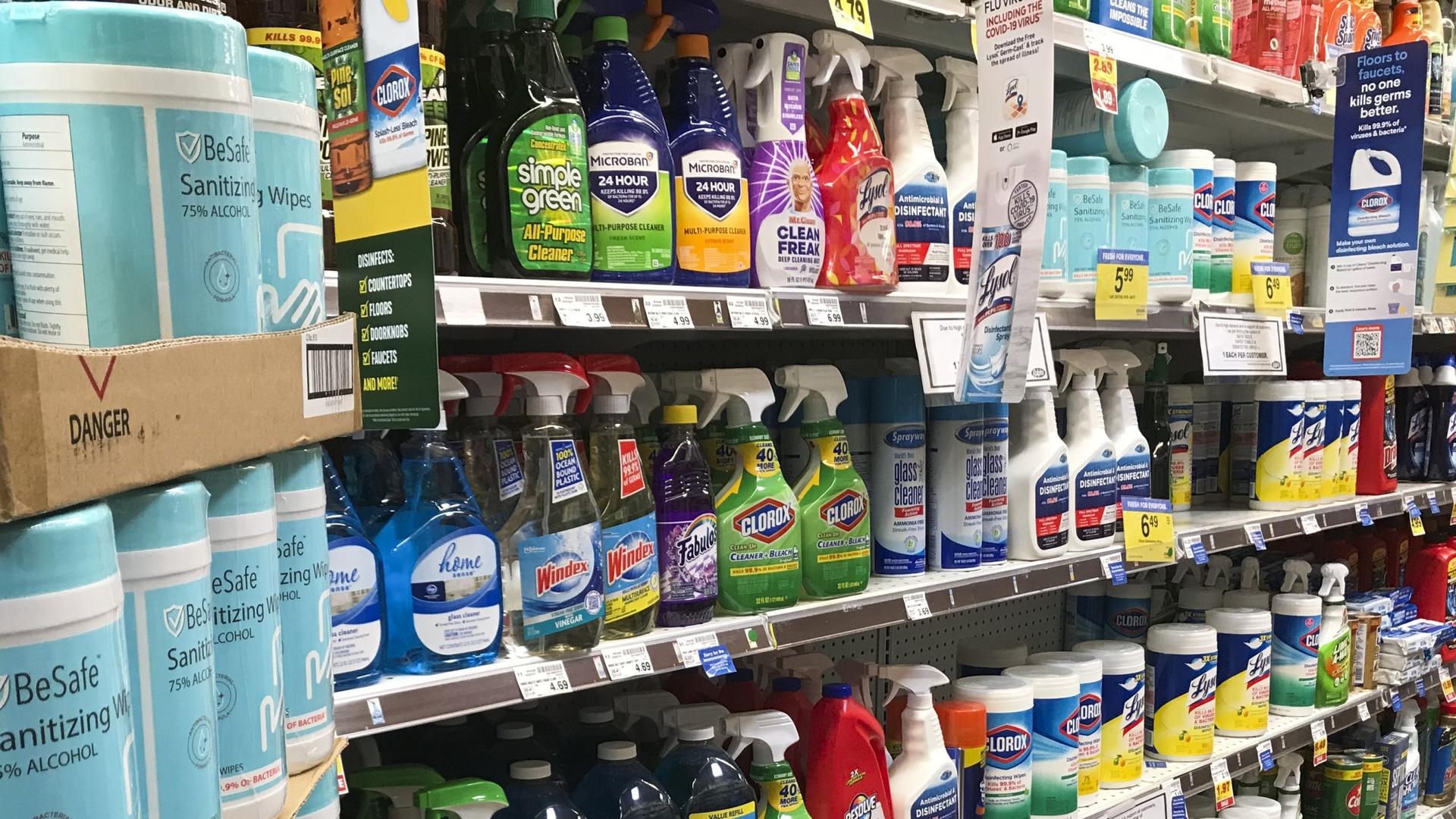It has been said that cleanliness is next to godliness, but the constant disinfecting and scrubbing of our homes, offices and public spaces during the coronavirus pandemic has taken these seemingly virtuous efforts to a whole new level.
COVID-19 is now understood to spread primarily through close contact with infected people rather than contaminated surfaces, but that hasn’t stopped consumers from snapping up cleaning products that promise to kill 99% of germs.
Trying to eliminate all bacteria, including those that are beneficial to us, can lead to autoimmune disorders, warns Rob Dunn. The professor of applied ecology at North Carolina State University and author of: “Never Home Alone: From Microbes to Millipedes, Camel Crickets, and Honeybees, the Natural History of Where We Live,” explains how we can be more intentional about our interactions with the living world (indoors and outdoors) and better understand its influence on our well-being.
Three takeaways:
- Dunn is concerned that some of the deep-cleaning practices deployed during the pandemic, including large-scale spraying of antimicrobial products into subways and other public spaces are nothing more than a “biochemical gesture,” designed to make us feel safe, with scant evidence of being effective. He says what we are seeing now is part of a broader shift in society toward the use of biocides, including pesticides, herbicides and fungicides, which may have some brief short-term benefits but “often have a long-term consequence that really haunts us.”
- Humans evolved while being exposed to many different species, explains Dunn. Our modern lifestyles, which typically involve spending lots of time indoors, have radically changed which species we are exposed to and have made us vulnerable to “all sorts of autoimmune disorders” such as inflammatory bowel diseases (including Crohn’s), multiple sclerosis, allergies and asthma, he says.
- How we interact with the living world, inside and outside, impacts our bodies and our health, according to Dunn. He says simple things — like making fermented foods, opening windows and doing activities outside like gardening — can expose us to microbes that will improve our well-being and even that of our offspring.
